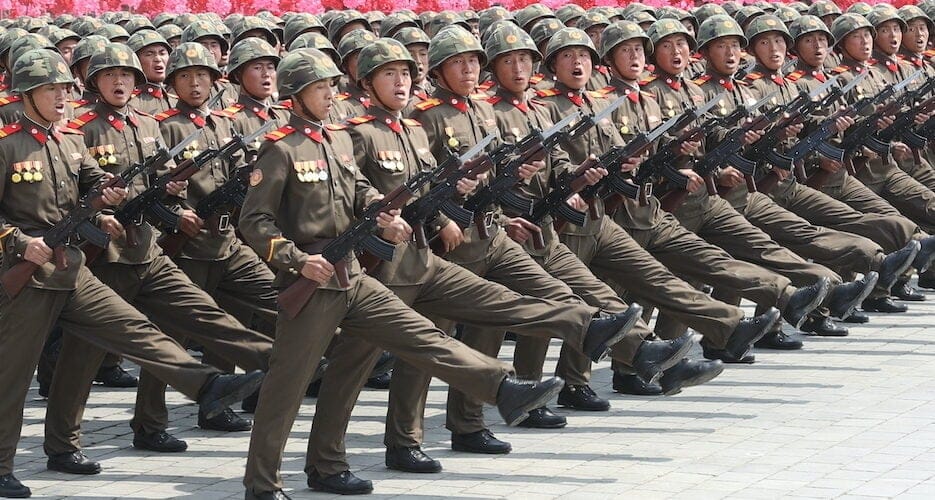Ukrainian President Volodymyr Zelenskyy has expressed alarm regarding the reported presence of a substantial number of North Korean troops in the Kursk region of Russia. This situation has garnered attention as it unfolds against the backdrop of an already tense geopolitical landscape in Eastern Europe. The implications of such a military presence are multifaceted, raising questions about regional security and the broader impact on international relations.
The Kursk region, which lies close to the border with Ukraine, has long been a focal point of military activity due to its strategic importance. The recent claims by President Zelenskyy regarding North Korean troops have prompted significant scrutiny from both military analysts and government officials. While the exact number of troops and their purpose remain unclear, the assertion underscores the potential for escalating tensions in an area already marked by conflict.
Historically, North Korea has maintained a complex relationship with various countries, often characterized by isolationism and a focus on military preparedness. The presence of North Korean troops in Kursk raises the question of what strategic objectives may be at play. It could suggest a shift in alliances or an attempt by North Korea to project power in a region that has been heavily influenced by Russian military operations.
In light of these developments, Ukraine’s defense strategy may need to adapt to the changing dynamics. The presence of foreign troops can alter the balance of power and may necessitate a reevaluation of military readiness. Ukraine has been actively engaged in defending its sovereignty against Russian aggression, and the potential involvement of North Korean forces adds another layer of complexity to this ongoing conflict.
The international community has taken note of these developments, with various governments and organizations closely monitoring the situation. The United States and its allies have expressed concern over any foreign military presence that could destabilize the region further. Diplomatic channels may be utilized to address these concerns, with discussions focusing on maintaining peace and security in Eastern Europe.
Moreover, the implications of North Korean troops in Kursk extend beyond immediate military concerns. The presence of these troops could also signal a deepening of military cooperation between North Korea and Russia. Such a partnership might embolden both nations to pursue more aggressive military strategies, potentially impacting neighboring countries and global security.
In response to these developments, President Zelenskyy has emphasized the importance of vigilance and preparedness. The Ukrainian government is likely to bolster its defense capabilities in response to the perceived threat, working to ensure that its military is equipped to handle any challenges that may arise from the increased presence of foreign troops in the region.
Furthermore, the situation highlights the need for enhanced intelligence and surveillance to monitor troop movements and activities. Understanding the motivations behind the deployment of North Korean troops will be crucial for Ukraine and its allies in formulating an effective response. Intelligence-sharing agreements and collaborative defense initiatives may become increasingly important as the situation evolves.
In conclusion, the reported presence of a significant number of North Korean troops in the Kursk region, as highlighted by President Zelenskyy, raises serious concerns about regional security and military dynamics in Eastern Europe. The implications of this development are far-reaching, potentially affecting the balance of power and prompting a reassessment of defense strategies in Ukraine and beyond. As the situation unfolds, close attention will be paid to the actions of both North Korea and Russia, as well as the responses from the international community.



